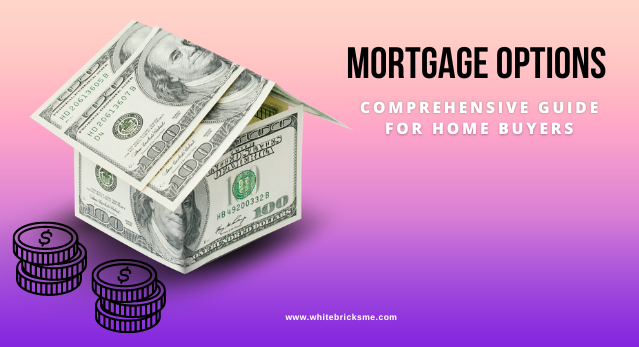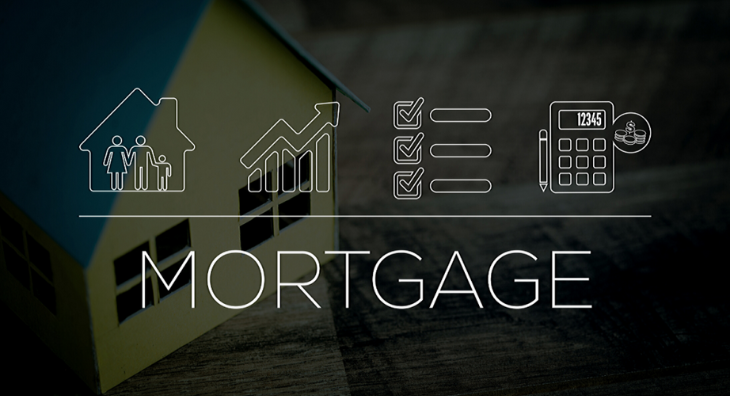Understanding Mortgage Options: A Comprehensive Guide for Home Buyers

Embarking on the journey to homeownership in Dubai begins with understanding the array of mortgage options available in the city’s dynamic real estate market. Each option comes with its unique advantages and factors to consider. In this blog, we’ll dissect the various types of mortgages offered in Dubai, elucidating their repayment terms. Join us as we delve into the realm of mortgages in Dubai, providing clarity and insight into this crucial aspect of property ownership.In collaboration with White Bricks Real Estate, your trusted partner in navigating the Dubai property market, we’ll explore the intricacies of mortgage services in Dubai.
Types of Mortgages in Dubai
In Dubai’s bustling real estate market, home buyers have access to a variety of mortgage options tailored to their needs. Let’s explore some of the most common types of Mortgage services in Dubai:
1)Fixed-Rate Mortgage: A fixed-rate mortgage offers stability with a set interest rate for a predetermined period, typically less than five years. This ensures consistent monthly payments, though fluctuations in market rates may impact long-term costs.
2)Variable Rate Mortgage: Contrary to fixed-rate mortgages, variable-rate mortgages see interest rates fluctuate based on market conditions, specifically tied to the Emirates Interbank Offered Rate (EIBOR). While initially offering lower rates, variable mortgages can pose budgeting challenges if rates rise.
3)Discounted Rate Mortgage: This type of mortgage offers an interest rate lower than the lender’s base rate, particularly attractive for first-time buyers. However, once the discounted period ends (usually 2-5 years), repayments may increase.
4)Capped Mortgage: With a capped mortgage, the interest rate can fluctuate but remains limited by a predetermined cap, offering protection against steep rate hikes. These mortgages, though providing security, may come with higher associated costs.
5)Remortgage: Remortgage involves replacing an existing loan with a new one, often pursued for lower rates, improved terms, or equity release. However, it’s essential to weigh the potential extension of the mortgage term and early repayment charges.
6)Offset Mortgage: Inmortgage services in Dubai, linking your loan account with deposit accounts, an offset mortgage allows for interest savings and faster mortgage repayment. While offering financial benefits, offset mortgages typically carry higher interest rates and annual fees.
7)Investment Mortgage: Designed for property investment purposes, investment mortgages facilitate income generation through rent or capital appreciation, though approval criteria may be stringent.
8)Non-Resident Mortgage: Tailored for non-UAE residents seeking property investment, these mortgages often have shorter terms and higher monthly repayments compared to traditional options.
9)Islamic Mortgage: Following Sharia-compliant principles, Islamic mortgages offer an interest-free alternative where the bank purchases the property and sells it back to the buyer at an increased price, paid in installments.
Mortgage by Property Type:
Mortgages in Dubai vary based on property type:
Residential Mortgage: Tailored for personal homeownership, residential mortgages are designed exclusively for personal use, strictly prohibiting rental or business purposes. These mortgages provide individuals with the opportunity to purchase their dream homes while ensuring the property remains a private residence, fostering a sense of security and stability for homeowners and their families.
Commercial Mortgage: Targeted toward businesses and commercial enterprises, commercial mortgages serve as a vital financial tool for leveraging property assets to support business operations. By utilizing property as collateral, businesses can secure financing to acquire or develop commercial real estate, facilitating growth and expansion opportunities while enhancing operational capabilities.
Land/Construction Mortgage: In the context of mortgage services in Dubai, specifically crafted for land acquisition or construction projects, land/construction mortgages offer specialized financing solutions tailored to meet the unique needs of property development. These mortgages often involve staged loan releases, providing funding at various stages of the project to support land purchase, construction activities, and other associated costs. Ideal for developers and individuals looking to embark on property development ventures, land/construction mortgages offer flexibility and support throughout the development process.
Mortgage Repayment Options:
When selecting a mortgage, consider your repayment preference:
Interest-Only Repayments: Opt for interest-only repayments to pay solely the interest portion of the mortgage initially, providing lower monthly payments. This option may suit investors or those seeking greater flexibility in managing their cash flow before transitioning to principal repayment later in the term.
Capital and Interest Repayments: Choose capital and interest repayments for a more traditional approach, where regular payments cover both the interest and principal amounts. This ensures a gradual reduction of the loan balance over time, ultimately leading to full repayment by the end of the mortgage term. Ideal for individuals seeking to build equity in their property and achieve long-term financial security.
Mortgage Down Payments and Loan-to-Value Ratio:
Down payment and LTV ratio determine property purchase feasibility:
Down Payment: An essential aspect of property purchase, the down payment represents the initial payment made by the buyer, typically ranging from 15% to 30% of the property value. The exact percentage may vary based on factors such as the property’s value and the buyer’s nationality. A higher down payment often results in lower monthly mortgage payments and reduced interest costs over the loan term, while also potentially improving the buyer’s eligibility for financing.
Loan-to-Value (LTV) Ratio: The loan-to-Value (LTV) ratio is a crucial factor in mortgage lending, representing the percentage of the property value financed by the lender. Typically falling between 80% and 85%, the LTV ratio reflects the amount borrowed relative to the property’s appraised value. A lower LTV ratio signifies a larger down payment and lower risk for the lender, potentially resulting in more favorable loan terms, including lower interest rates and reduced mortgage insurance requirements.
Summary
Choosing the right mortgage is crucial for your homeownership journey, especially when navigating the complexities of the Dubai real estate market. Seek advice from licensed mortgage brokers for personalized guidance tailored to your specific needs and circumstances. Contact White Bricks Real Estate today for expert mortgage services in Dubai, ensuring you secure the ideal financing solution for your dream home.


